4 Ways to Promote the Mental Health of the Elderly
Aging is a natural process, but adapting to the next chapter doesn’t also happen naturally. Physical changes along with the death of friends and family can take its toll on the mental health of the elderly. Even if their physical strength declines or their social circle becomes smaller, it remains fundamental that the elderly continue to participate in physical and recreational activities. These help to maintain and promote mental health of the elderly and can greatly enhance the quality of life. After all, these are supposed to be their golden years.
Fairview Adult Day Care Center in Brooklyn, NY, offer physical and therapeutic recreation activities to the elderly. Contact us for more information about our services.
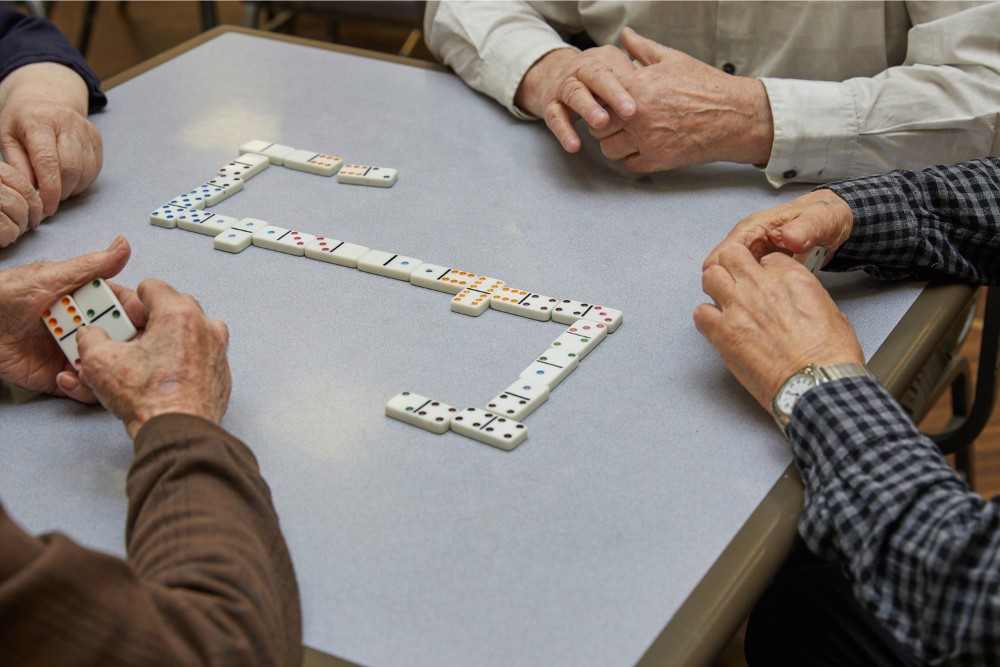
Strategies to Promote Mental Health of the Elderly
1. Social connections and mental stimulation
Loneliness and isolation are major issues for seniors, potentially causing mental health problems like depression, anxiety, and cognitive decline. In contrast, staying socially active offers many advantages that can help address these challenges. Social interaction fosters a sense of community, boosts self-esteem, and creates a support system to help individuals cope with life’s challenges.
One of the most effective ways to promote the mental health of an older person is by building social connections. While older persons often have more time to dedicate to social activities, physical conditions like hearing loss and impaired mobility can make it more challenging.
If family and friends are located too far for regular in-person interaction, community groups and clubs can fill that void. Based on their personal interests, they can, for example, join a book club or walking group.
Book clubs, for instance, offer the added benefit of mental stimulation. It keeps the mind sharp while at the same time helps to build new friendships.
2. Finding purpose and meaning
A recent study describes purpose in life as “having goals, a sense of direction, and a feeling that life holds meaning, both in the present and past.” You’ve likely felt the positive effects of having a sense of purpose — how it can lift your mood, energize you, and make you look forward to each day. Scientific research backs up this natural understanding, especially regarding the benefits of purpose on the aging process.
Whether it’s through volunteering or starting a new hobby, it’s key that the elderly include meaningful activities in their routine and promote their mental health. Plus, if the hobby involves learning something new, they can also enjoy a sense of accomplishment.
They can even combine the two. For example, if the hobby is gardening, they can offer to spruce up the garden of a local school or clinic.
3. Practicing mindfulness and a positive attitude
Meditation, deep breathing, and journaling are three simple mindfulness practices that the elderly can include in their daily routines. These exercises are suitable for anyone, irrespective of their mobility or general physical health.
More active older people can also add yoga to their regular routine.
The benefit of mindfulness practices like these is that it can boost mental clarity and reduce anxiety and stress by helping them to focus on the present moment. For example, by keeping a gratitude journal, you can also boost positivity at the same time which can also promote mental health in older people.
4. Physical activities
Physical health is closely linked to mental health. Regular physical activity can improve your overall mood, reduce anxiety, and improve cognitive function. Physical exercise has a significant impact on mental health and can help reduce psychological issues to some degree. However, the relationship between physical activity and the mental well-being of older adults, along with the mechanisms through which exercise influences mental health, is still not fully understood.
It doesn’t need to be anything strenuous. Gentle activities, like walking or swimming, are also effective at promoting the mental health of older people. You also don’t need to set aside hours each day. Only 30 minutes of moderate exercise most days of the week will already have a marked impact.
Yoga and group activities like dance classes can be especially beneficial. For example, with yoga you get to improve your mindfulness and physical health at the same time. Plus, if it’s in group format, there’s the added benefit of social interaction which can also promote the mental health of older people.
Resources:
- Ageing True Community Senior Services: The Power of Connection: Social Engagement and Mental Health
https://agingtrue.org/the-power-of-connection-social-engagement-and-mental-health/ - Opus Communities: Why Having Purpose Is Important in Your Personal Life and Community
https://2lifeopus.org/blog/importance-of-purpose-for-seniors/ - Frontiers: Physical exercise and mental health among older adults: the mediating role of social competence
https://www.frontiersin.org/journals/public-health/articles/10.3389/fpubh.2024.1385166/full
This article is for educational and informational purpose only and does not substitute for professional medical advice. For any questions about your own health condition, speak to a qualified physician or healthcare provider.

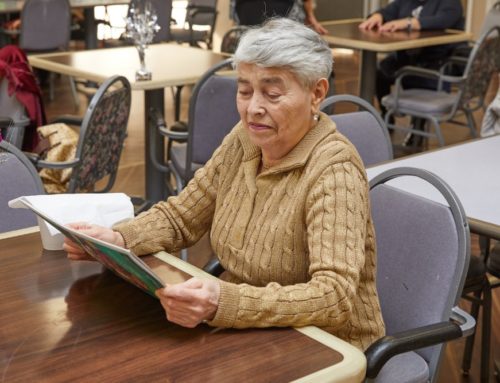
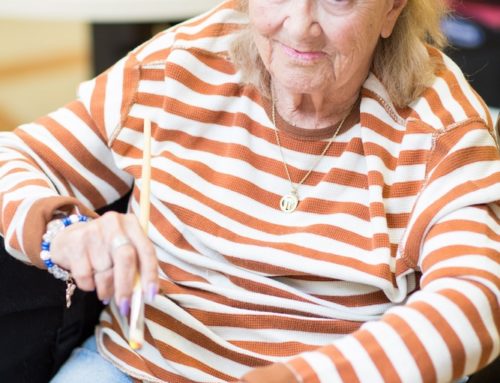
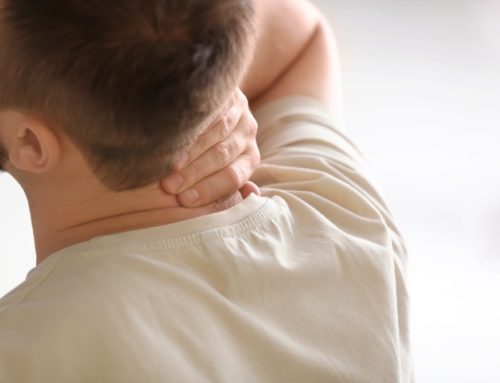
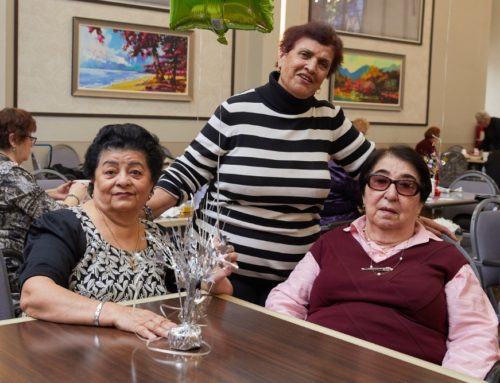
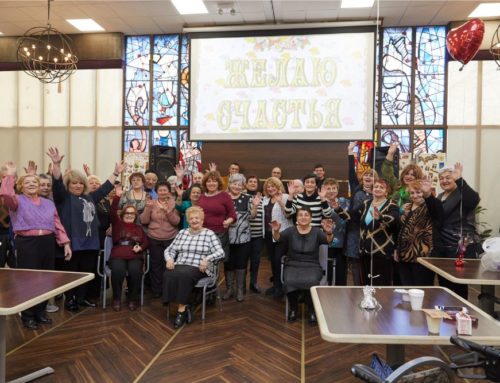
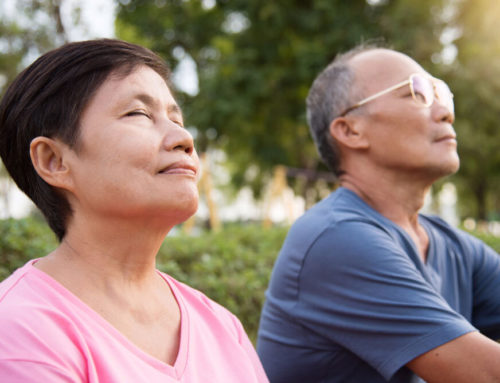
Leave A Comment